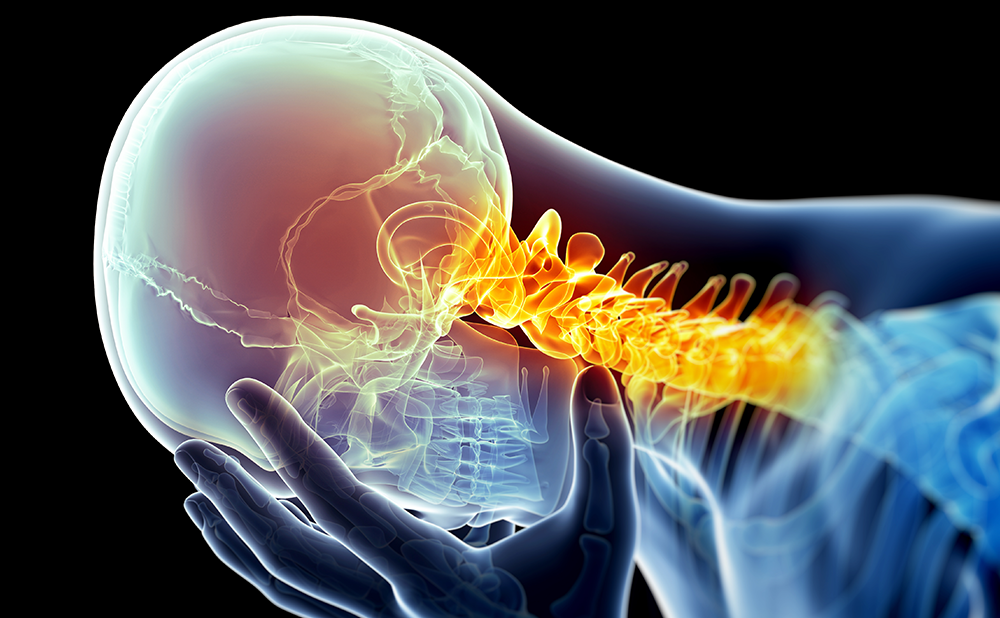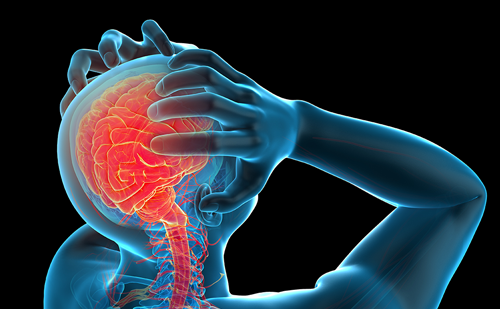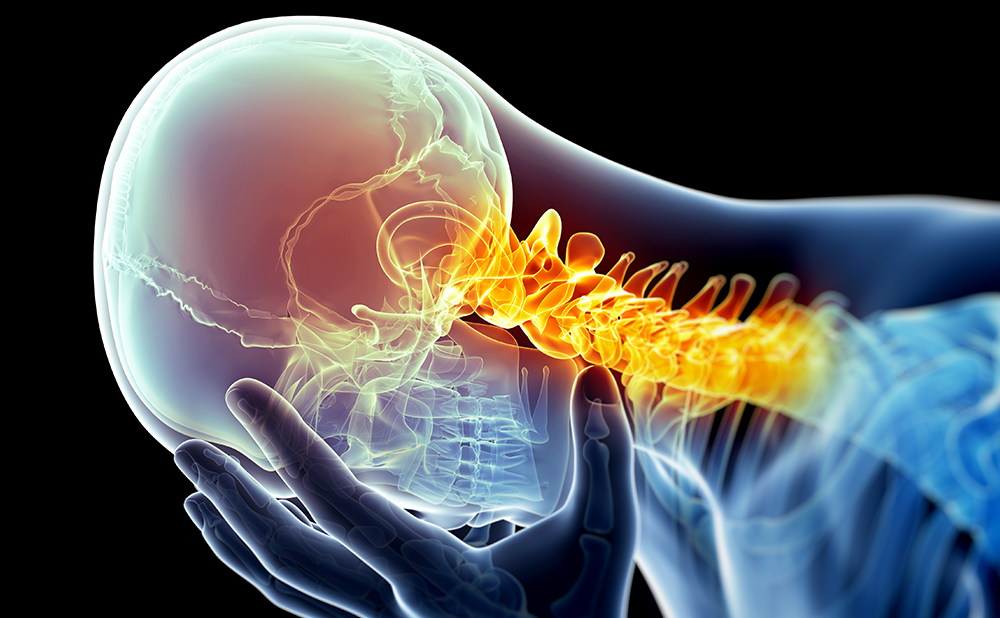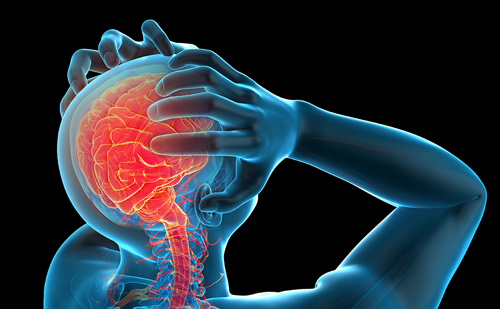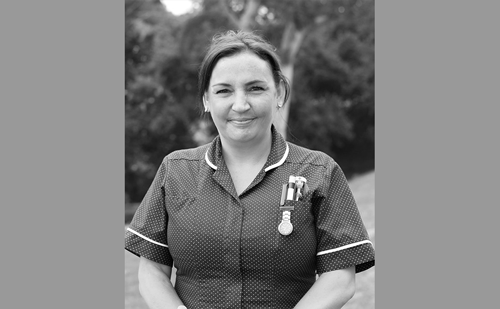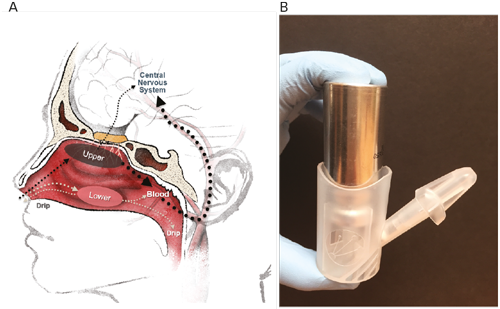For a condition as highly prevalent and debilitating as migraine, there is still too little awareness of it and the impact it has. There is little understanding of the different symptoms and stages of a migraine attack, the frequency with which many people have migraine attacks and how this affects different aspects of their lives.
As most people get headaches from time to time, many think a migraine is just a slightly worse headache than what they experience. There is little appreciation of how incapacitating migraine aura is or how excruciating the pain can be, and how this can affect people living with migraine and their relationships, ability to work, learn and do everyday things that most people take for granted.
When family members or colleagues do not understand the impact of migraine, it can be hard to live with. However, it can be particularly difficult when the healthcare professional that a patient with migraine attacks is seeking help from also does not understand.
It is not that healthcare professionals do not care and do not want to help. They of course do. However, as a result of migraine being overlooked and deprioritized in the healthcare system, too many healthcare professionals do not give it the time and attention the patient needs and deserves for it to be treated effectively.
These problems are being highlighted by the struggles that many patients with migraine face in accessing the new calcitonin gene-related peptide (CGRP) antibody medication that they are eligible for. This is the first preventive medication designed to treat migraine, and its approval to treat migraine on the NHS over the last few years has been a great source of hope for the migraine community. This medication has proven effective for many people with migraine and is frequently described by those taking it as “life changing”. This has made the struggle or inability to access it particularly difficult for those who are eligible for it.
That is why we, The Migraine Trust, launched an investigation at the start of 2021 to understand the scale of the problem and what needs to be done to address it. We sent freedom of information requests to hospital trusts in England and health boards in Northern Ireland, Scotland and Wales to find out which were making CGRP medication accessible and which were not and to learn more about the help they gave to people with migraine. We also ran public surveys to find out more about their access to this treatment and their overall experience with migraine healthcare.
We then launched our “Dismissed for too long” report late last year (2021), which showed that the issues with access to CGRP medication were only some of the many problems affecting a broken migraine healthcare system.1 Our report revealed the legacy of pain and damaged lives, from waiting years to be diagnosed to a lack of access to specialist care and new treatment.
Key issues in migraine healthcare
In the UK, people with migraine often wait years for a diagnosis, and too many never receive a diagnosis at all, despite going to a doctor for their migraine symptoms. This is a serious problem that delays and prevents effective treatment.
Another issue is a lack of migraine specialists and, therefore, specialist care, with the full-time equivalent numbers significantly lower than in other parts of Europe.1 Even patients living with migraine who are referred to neurologists see a neurologist without any expertise in migraine.
The impact of an inadequate healthcare on patients with migraine
The inadequacies of healthcare in the UK do not only mean that people are missing out on the best possible treatment for their migraine but also that they are losing out on the chance to have its impact on their lives reduced.
Migraine affects many parts of a person’s life, from their relationships and mental health to their working lives, but effective migraine treatment can significantly change this. For example, many patients living with migraine have described how the new CGRP antibody treatment has given them their lives back and allowed them to do things that were not possible when the frequency and pain level of their migraine attacks were higher.
People living with migraine, particularly those with chronic migraine, need their lives back, and this is why we are calling for an urgent review of migraine healthcare.
How we believe these problems can be addressed
Although the migraine healthcare system in the UK is failing too many patients living with migraine, many of the issues are structural. We do not need to reinvent the wheel. They can be fixed by taking migraine more seriously and giving it the time, investment and priority it deserves.
Our report sets out a range of proposals for how this can be achieved. If adopted, we believe it will significantly improve the healthcare experience for patients living with migraine in the UK.
A key focus for this change is primary care. This is where most people with migraine are diagnosed and treated, but also where they are most likely to leave the healthcare system and treat their migraine themselves.
We think that migraine treatment and care should be a core part of junior doctor and general practitioner training and that a great understanding of the condition and its pharmaceutical and non-pharmaceutical management is key to enabling them to diagnose and treat patients living with migraine.
We propose any patient that sees a general practitioner for head pain should be assessed for migraine and that this assessment and result be recorded.
While the migraine healthcare system does not need to be restructured, we believe migraine should be properly prioritized from the top of the healthcare system. Integrated Care Systems and Health Boards should assess their migraine needs and devise plans to meet them. They should have a migraine/headache lead who shares the knowledge and best practice across the area.
Finally, we want a great awareness of migraine, for the myths about it to be dispelled and for the word ‘migraine’ to no longer be flippantly used as a metaphor. National awareness campaigns and workplace guidance will help to start this important process.
The change that is needed
We believe that our recommendations are realistic and achievable. They are uncomplicated proposals that we have developed with people living with migraine and migraine care professionals, which would nevertheless transform the lives of many people with migraine. That is why change must happen urgently.
The 10 million people in the UK living with migraine have been dismissed for far too long; lives are being destroyed, and that is why change is urgently needed.


